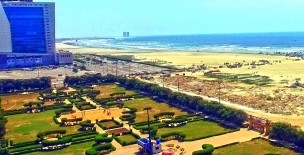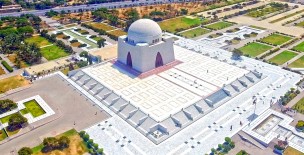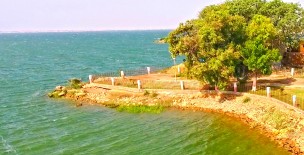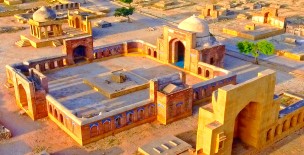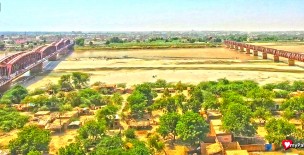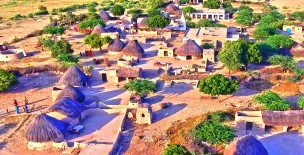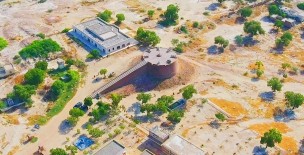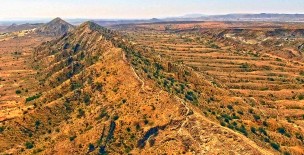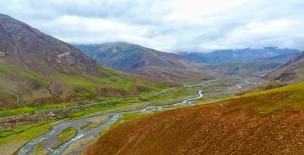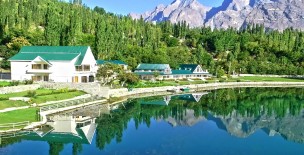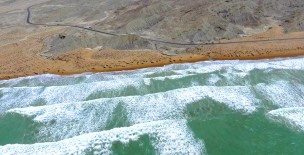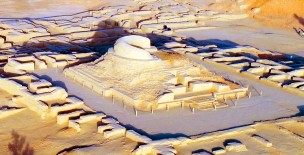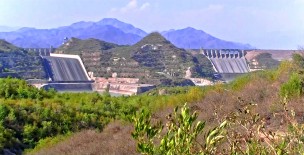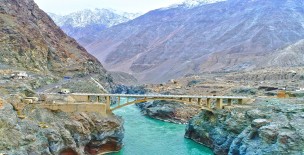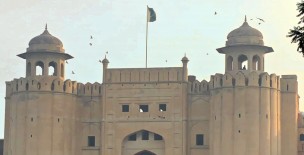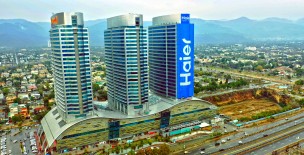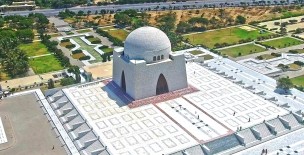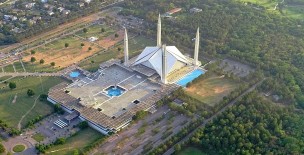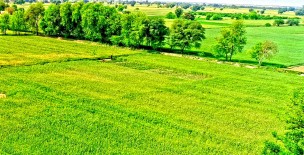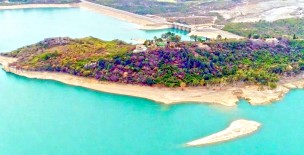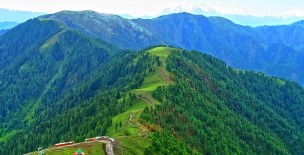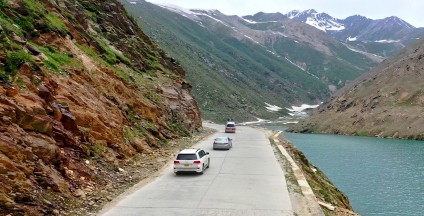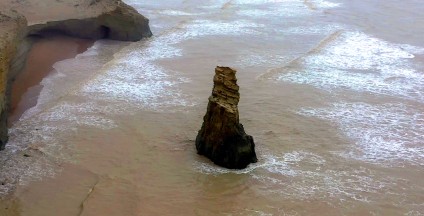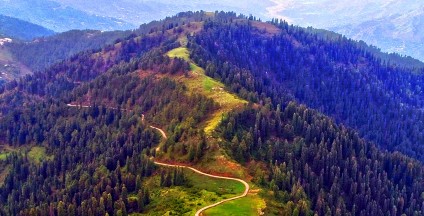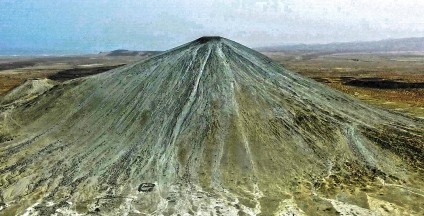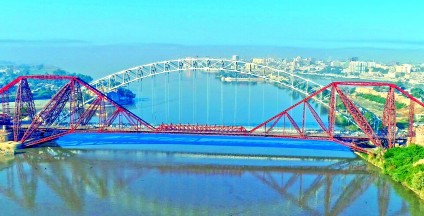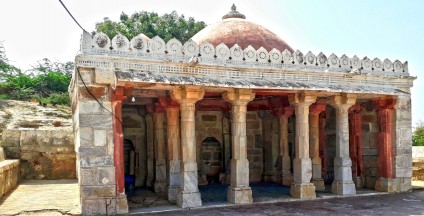Sukkur (Sindhi: ???; Urdu: ????) is a city in the Pakistani province of Sindh along the western bank of the Indus River. Sukkur is the third largest city in Sindh after Karachi and Hyderabad, and is 12th most populous city in Pakistan. New Sukkur was established during the British era alongside the village of Sukkur. Sukkur's hill, along with the hill on the river island of Bukkur, form what is sometimes considered the "Gate of Sindh,"] in reference to the city's location along the frontier that separates the historical Sindhi heartland from the Seraiki-speaking regions to the north.
The name Sukkur may derive from the word Sukh, derived from a Sanskrit word for "comfort." This may be an allusion to the relative prosperity of the region at the time. Others have suggested the name may be derived from the Arabic word for "sugar," shakkar, in reference to the sugarcane fields that have historically been abundant in the region.
The region around Sukkur has been inhabited for millenia. The ruins of Lakhueen-jo-daro, located near an industrial park on the outskirts of Sukkur, dates from the Mature Harappan period of the Indus Valley Civilisation, between 2600 BCE and 1900 BCE.
"Old Sukkur" was initially a small village prior to the establishment of a military garrison in 1839. Sukkur was built on a low limestone ridge on the banks of the Indus River. The city was once surrounded by groves of date palms that were traditionally believed to have grown from the discarded date-pits from Arab invaders in the 8th century.
The village of Sukkur was directly across from the larger town of Rohri, which served as a busy port along the Indus by the 1200s, and was a major trading centre for agricultural produce. An 86 foot tall minaret was built at Sukkur's shrine of Mir Masum Shah in 1607.
